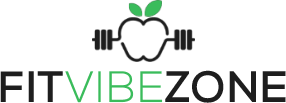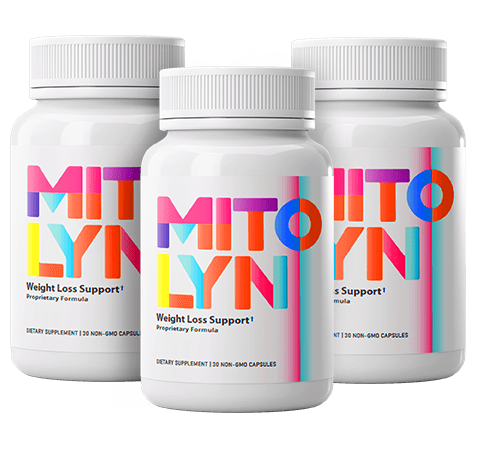Maximize Muscle Growth with These Protein-Rich Foods: Top Picks for Building Strength and Size
One of the key components of building muscle and increasing strength is ensuring that you are consuming enough protein in your diet. Protein is essential for repairing and building muscle tissue, and without an adequate intake, your efforts in the gym may not yield the results you desire. In this article, we will explore some of the top protein-rich foods that can help you maximize muscle growth and achieve your fitness goals.
Why Protein is Important for Muscle Growth
Protein is made up of amino acids, which are the building blocks of muscle tissue. When you engage in resistance training or other forms of exercise that put stress on your muscles, tiny tears occur in the muscle fibers. Protein is essential for repairing these tears and building new muscle tissue, which leads to muscle growth and increased strength.
Additionally, protein is also important for maintaining muscle mass, especially when you are in a caloric deficit or trying to lose weight. Without enough protein in your diet, your body may break down muscle tissue for energy, which can hinder your progress in the gym.
Top Protein-Rich Foods for Muscle Growth
1. Chicken Breast
Chicken breast is a staple in many bodybuilders’ diets, and for good reason. It is a lean source of protein, meaning it is low in fat and calories but high in protein. A 3-ounce serving of chicken breast contains approximately 27 grams of protein, making it an excellent choice for building muscle.
2. Greek Yogurt
Greek yogurt is another great source of protein, with around 10 grams of protein per 100 grams. It also contains probiotics, which can aid in digestion and overall gut health. Greek yogurt can be eaten on its own or used as a base for smoothies or protein-packed desserts.
3. Eggs
Eggs are a complete protein source, meaning they contain all nine essential amino acids that the body cannot produce on its own. A large egg contains around 6 grams of protein, making them a convenient and versatile option for adding protein to your diet.
4. Salmon
Salmon is not only a great source of protein but also rich in omega-3 fatty acids, which have been shown to have numerous health benefits, including reducing inflammation and improving heart health. A 3-ounce serving of salmon contains around 22 grams of protein, making it a nutrient-dense option for muscle growth.
5. Quinoa
Quinoa is a gluten-free grain that is also a complete protein source. It contains around 8 grams of protein per cup, making it a great plant-based option for those looking to increase their protein intake. Quinoa can be used as a base for salads, stir-fries, or as a side dish.
How to Incorporate Protein-Rich Foods into Your Diet
When it comes to maximizing muscle growth, it is important to spread your protein intake throughout the day to ensure that your muscles are constantly being supplied with the nutrients they need to repair and grow. Aim to include a source of protein in each meal and snack, and consider incorporating protein-rich foods into your pre and post-workout meals for optimal results.
Here are some tips for incorporating protein-rich foods into your diet:
1. Meal Prep
Preparing meals in advance can help you stay on track with your protein intake and avoid reaching for less nutritious options when you are short on time. Cook large batches of protein-rich foods like chicken, salmon, or quinoa and portion them out into containers for easy grab-and-go meals throughout the week.
2. Snack Smart
Keep protein-rich snacks on hand to help curb cravings and keep you satisfied between meals. Some portable options include Greek yogurt, hard-boiled eggs, or protein bars. Pairing protein with a source of healthy fats or carbohydrates can help keep your energy levels stable throughout the day.
3. Experiment with Recipes
Get creative in the kitchen and try new ways to incorporate protein-rich foods into your meals. Mix Greek yogurt into smoothies for added creaminess and protein, or top salads with grilled chicken or salmon for a satisfying and nutrient-dense meal. Don’t be afraid to experiment with different flavors and ingredients to keep your meals exciting and delicious.
Common Questions About Protein-Rich Foods for Muscle Growth
1. How much protein do I need to build muscle?
The amount of protein you need to build muscle depends on several factors, including your age, weight, activity level, and fitness goals. In general, it is recommended to consume around 1.2-2.2 grams of protein per kilogram of body weight per day for muscle growth. Consult with a nutritionist or dietitian to determine the right amount of protein for your individual needs.
2. Are protein supplements necessary for muscle growth?
While protein supplements can be a convenient way to increase your protein intake, they are not necessary for muscle growth. You can easily meet your protein needs through whole foods like chicken, eggs, and Greek yogurt. However, if you struggle to get enough protein from food alone, protein supplements can be a helpful addition to your diet.
3. Can I eat too much protein?
Consuming excessive amounts of protein can put strain on your kidneys and lead to dehydration. It is important to consume protein in moderation and balance it with other macronutrients like carbohydrates and fats. Aim to get the majority of your protein from whole foods and supplement with protein shakes or bars as needed.
Conclusion
Protein is a crucial nutrient for building muscle and increasing strength. By including protein-rich foods like chicken, Greek yogurt, eggs, salmon, and quinoa in your diet, you can maximize muscle growth and achieve your fitness goals. Remember to spread your protein intake throughout the day, experiment with recipes, and consult with a nutritionist for personalized guidance on your protein needs. With the right approach to nutrition and exercise, you can make significant progress in your muscle-building journey.










